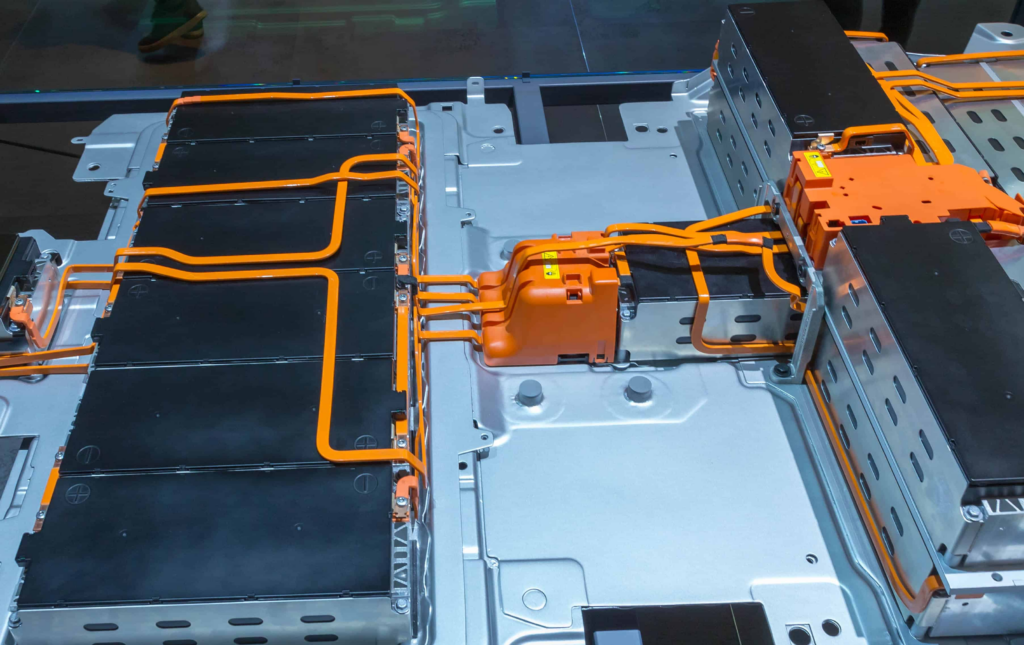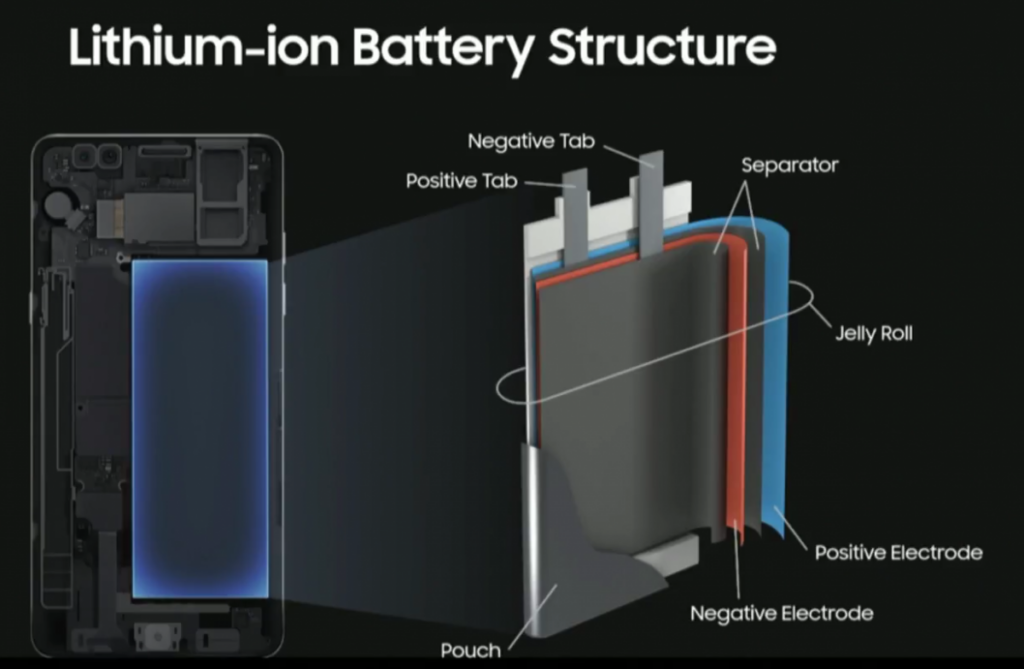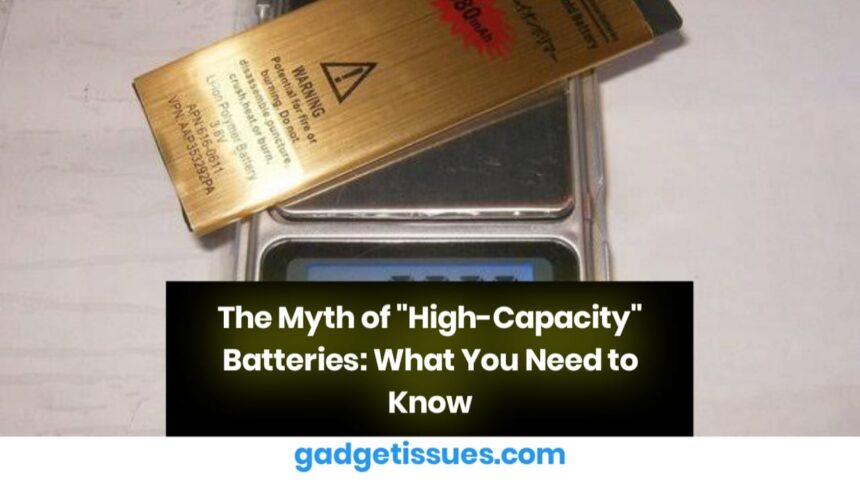Battery performance is a major concern for smartphone, laptop, and gadget users. Many brands and third-party sellers advertise “high-capacity” batteries, promising extended usage time and superior performance. But how true are these claims? In this article, we debunk the myths surrounding high-capacity batteries and provide insights into making informed battery purchases.
What Does “High-Capacity” Actually Mean?
A battery’s capacity is measured in milliampere-hours (mAh) or watt-hours (Wh). A higher number suggests longer battery life, but actual performance depends on various factors such as:
- Device optimization – Software efficiency and power management play a huge role.
- Battery quality – Poor-quality cells can degrade faster, reducing actual capacity.
- Power consumption – High-performance devices drain more power, reducing battery longevity.
For a deeper understanding of battery capacity, check out this detailed guide from Battery University on how batteries work
Bigger mAh Ratings Don’t Always Mean Better Performance
While a higher mAh rating might seem impressive, it doesn’t guarantee significantly longer usage. Many factors can limit battery performance, including:

- Inefficiencies in power conversion
- Poor-quality battery cells
- Exaggerated marketing claims
For example, some third-party battery manufacturers inflate their his teardown analysis from iFixit. mAh ratings. A battery labeled as 10,000mAh may, in reality, have only 6,000mAh or even less. To verify genuine battery capacities.
Common Risks of Aftermarket High-Capacity Batteries
Many third-party manufacturers sell high-capacity batteries that fail to deliver the promised performance. Here are some common risks:
1. Overheating and Safety Issues
Fake or poorly manufactured batteries can overheat, leading to swelling, short circuits, or even explosions. The U.S. Consumer Product Safety Commission has reported multiple cases of battery-related hazards.
2. Device Incompatibility
Many third-party high-capacity batteries lack proper voltage regulation, leading to potential issues such as:
- Faster battery drain despite the higher capacity rating
- Inconsistent charging cycles that degrade battery health over time
3. Shorter Lifespan
While a genuine high-quality battery can Samsung’s official battery safety page. last 500-1000 charge cycles, poorly made high-capacity batteries may degrade within a few months.
How to Maximize Battery Life Without Falling for Myths

Instead of relying on so-called high-capacity batteries, focus on battery optimization techniques to improve device performance:
- Use genuine manufacturer-approved batteries – Avoid unverified third-party sellers.
- Optimize settings – Reduce screen brightness, enable battery saver mode, and close unnecessary background apps.
- Use fast charging properly – Avoid overcharging or charging in extreme temperatures.
- Keep the battery temperature in check – Overheating accelerates battery degradation.
Final Verdict: Are High-Capacity Batteries Worth It?
Most high-capacity batteries are just marketing gimmicks. A well-optimized device with a genuine manufacturer battery often outperforms a third-party “high-capacity” battery with unreliable performance claims.
Before purchasing, always check:
- Brand reputation
- User reviews
- Certifications & safety standards
For verified battery reviews and testing results, check GSMArena’s battery endurance tests.
What’s Your Experience?
Have you ever used a high-capacity battery? Did it meet your expectations? Share your thoughts in the comments below.
Also Read : Clutch Secures $20M to Expand Its Non-Human Security Identity Platform







